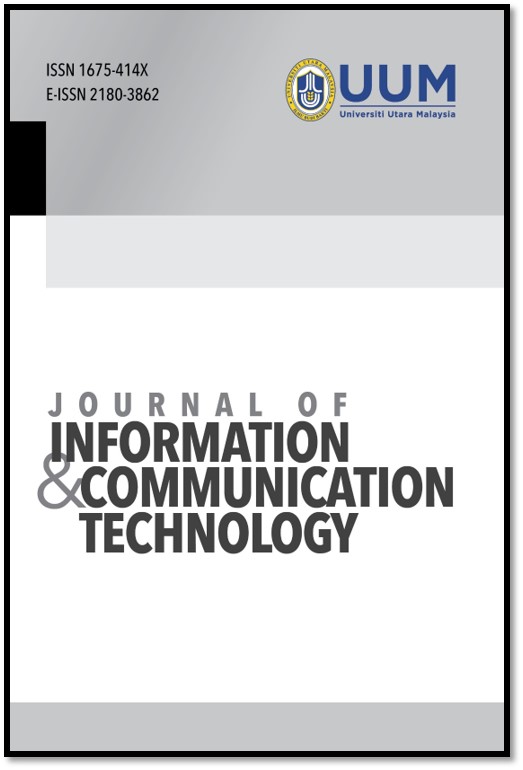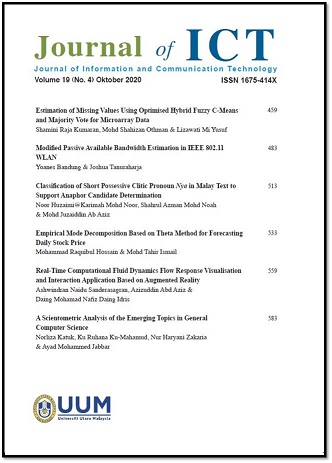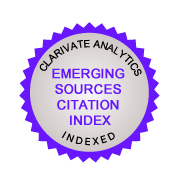A LINEAR PROGRAMMING BASED MODEL TO MEASURE EFFICIENCY AND EFFECTIVENESS OF UNDERGRADUATE PROGRAMS
Abstract
Measuring performance of an educational program based on its academic achievement is not sufficient without considering the cost and the impact of the program. This paper aims to demonstrate the construction of a measurement model consisting of the input, output and outcome variables. The model can estimate both the efficiency and the effectiveness of undergraduate programs. After the aforementioned variables were identified for each individual efficiency and effectiveness model, a linear programming based tool, Data Envelopment Analysis (DEA) was used as the analysis method to integrate the models since it has the ability to consider all the variables simultaneously. The two models were integrated as a product, and was defined as the final model which was verified by applying it to measure the performance of 26 undergraduate programs in a university. The results show that seven programs are efficient, six programs are effective, and six programs are both efficient and effective. The model is flexible since it can be extended to include more variables or it can be modified by defining new variables in measuring efficiency and effectiveness of other programs or organizations.
Additional Files
Published
06-11-2017
Issue
Section
Articles
How to Cite
A LINEAR PROGRAMMING BASED MODEL TO MEASURE EFFICIENCY AND EFFECTIVENESS OF UNDERGRADUATE PROGRAMS. (2017). Journal of Information and Communication Technology, 16(2), 394-407. https://www.educationmalaysia.co.uk/index.php/jict/article/view/8238

 2002 - 2020
2002 - 2020

























